Meet The Zimbabwean Who Went Toe-To-Toe With Mugabe And Now Sits Atop A USD 1.9 Bn Fortune
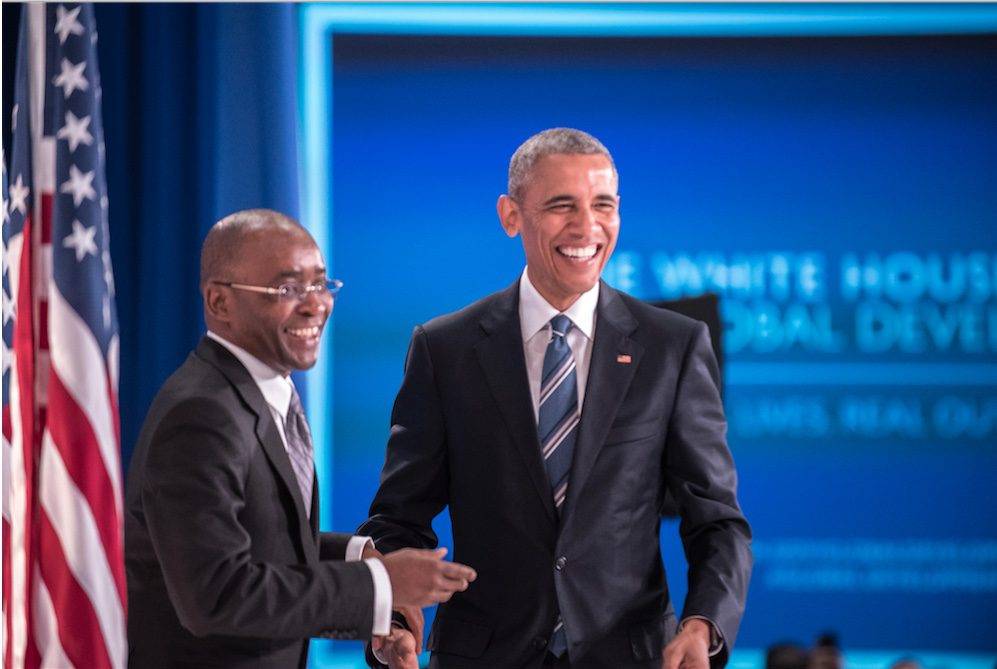
“To make great efforts to achieve or obtain something. To struggle or fight vigorously.” No, those are not really words
Those words are just the most likely to pop up when you grab any decent dictionary and look up the word “strive.” And how fitting is it that the same six-letter word has to be mentioned whenever one of Africa’s most tenacious personalities and successful businessmen is being named in familiar terms.
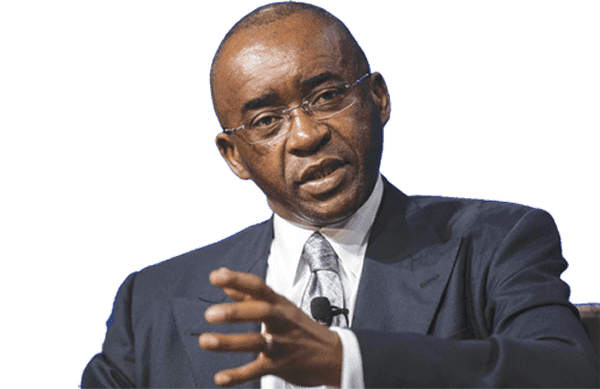
Today, Econet is considered one of Africa’s leading telecoms companies – a journey that began some 26 years ago – and Strive Masiyiwa is the man who has steered that ship to calm waters, keeping a cool head in spite of the many raging storms. How he was able to orchestrate such a climb despite the hostilities and vitriol is perhaps one of life’s greatest lessons in strive.
By the time he turned 40, he’d managed to come off unscathed after being embroiled in a tussle with Zimbabwe’s now erstwhile long-standing President, Robert Mugabe. It was a battle of wills that dragged on for several years but the man Strive prevailed – something that can’t be said for many who have collided with the country’s unpopular ruling class.
Move the dials of the time machine to a decade later and he has checked the following boxes – entrepreneur, philanthropist, and visionary. He’s 58 now and he is as committed as ever to transforming the African continent into a powerhouse by making lives better “one people at a time.”
Like his name, his is a story of strive – of seeking triumph in the face of trials and tribulations. At some point, he even had to flee his country to save dear life after numerous death threats came his way in the face of going toe-to-toe with the then virtually dictatorial Mugabe-led Zimbabwean government whose oppressive use of power was abusive at times.
But now he stands tall, having stood his ground long enough to weather the storm. There’s a certain Cornelius Vanderbilt whose foresight pointed to railroads as the path that would revolutionize the American economy. And then, there’s Strive Masiyiwa who identified cellphone networks as the platform for Africa’s economic development.
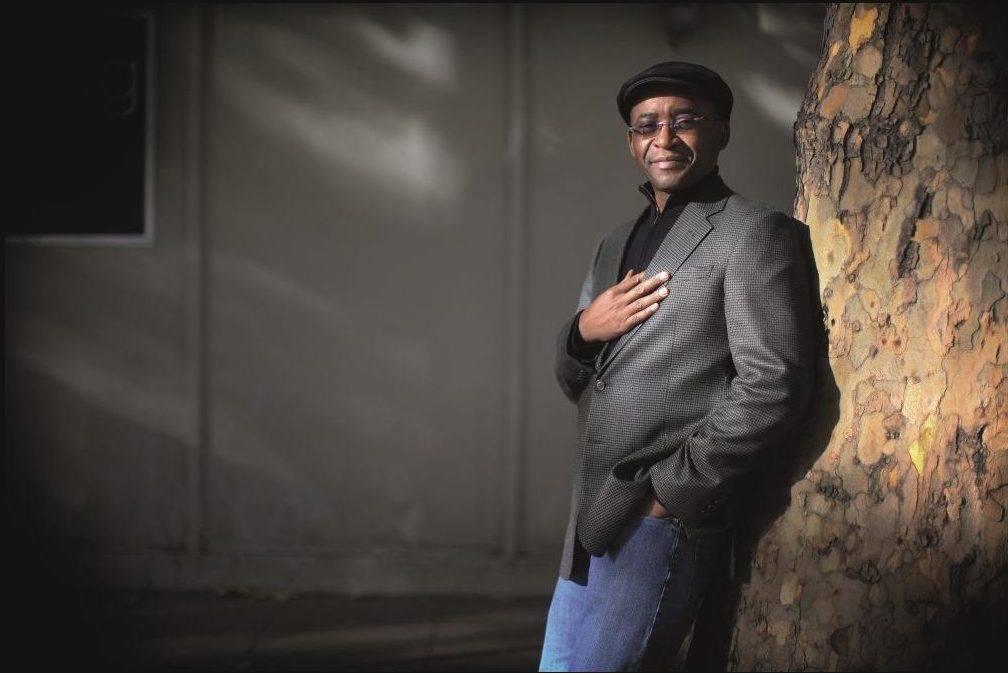
By backing up such thinking with timely actions, he now sits atop a fortune of no less than USD 1.9 Bn and on the board of several prominent institutions including the Rockefeller Foundation and Unilever.
But despite the immense clout he has so far garnered from both within and outside his country of birth, popular opinion his that he remains a humble, soft-spoken individual with a welcoming demeanour and a sense of humour. And perhaps we could throw in strong devotion to religion too.
January 29, 1961 – that’s Strive Masiyiwa’s precise date of birth. Born in Rhodesia (as Zimbabwe was called then), he was barely four-years-old when war broke out in the country – at first, the conflict was over independence from Britain, and then it became a war against the rule of the white minority.
At the peak of the unrest in 1968, ‘the Masiyiwas’ found themselves fleeing their home country for Kitwe; a popular copper mining town in the North-Central region of Zambia. His father found work in the mines and his mother took up farming and retail.
As things turned out, they shared a fence with some Scottish neighbours and it was perhaps their relations with this family – forged in no small part by the fondness of their little boy for young Strive – that landed the then Zimbabwean refugee in a boarding school in Edinburgh, Scotland.
Upon returning to Africa in 1978, Masiyiwa was a vibrant teenager, who like many his age, was eager to sign up for the ongoing guerilla fight for independence. He was close to joining the then Zimbabwe African Liberation Army (now called ZANU-PF), but a chance encounter with a cousin of his was to eventually steer him in a different direction.
By his cousin’s reckoning, independence was more or less in the bag and the country could use one less soldier, though enough couldn’t be said about how badly the country would need builders in the aftermath – people to run it.
And so it happened that Masiyiwa made a U-Turn on his plans to join the army. Instead, he secured a scholarship to further his studies in Wales. When he returned to Zimbabwe in 1984, he was a qualified electrical and electronics engineer who was stepping into a nation that was just four years into independence.
Masiyiwa’s first job was at Posts and Telecommunications Corporations (PTC); a state-owned telecoms company. His brilliance and work ethic put him on the fast track for promotions and before long, he had risen through the ranks to become Principal Engineer at the Corporation.
But despite the progress, Masiyiwa felt stifled by the setup of the institution and he nursed more ambition. Seeking an out, he quit PTC in 1988 and started a construction business, Retrofit Engineering, on the backs of a 75-dollar-loan.
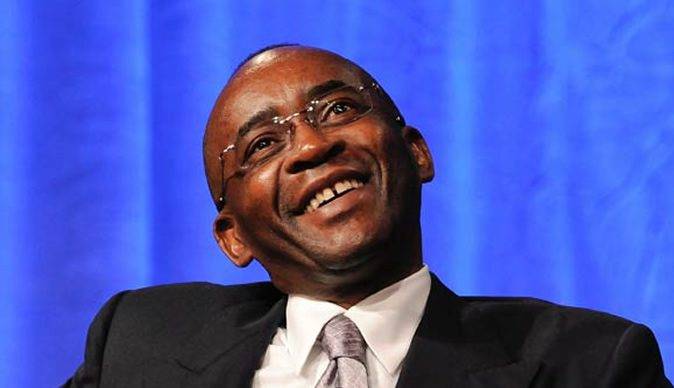
It was a timely entry into the construction business as the country was in the midst of a massive rebuilding process at the time. Retrofit Engineering was set up to offer electrical engineering services on a contract basis and within five years, it’d become one of Zimbabwe’s top indigenous engineering firms.
When Strive Masiyiwa began to toy with the idea that cellphones would become a major growth sector on the African continent, few people took him seriously. The Zimbabwean government certainly scoffed at the idea, but the big picture was quite clear Masiyiwa even at that time of uncertainty.
Mobile telecommunication networks were a virtual unknown in Africa as of the mid-90s, many hadn’t even ever heard a phone ring. The continent was being left behind and it was his idea to put Zimbabwe at the forefront of Africa’s technological advancement.
Masiyiwa’s plan was to collaborate with his former employers, the government-controlled PTC, to launch a mobile telecoms company that will make cellphone networks available to all. In fact, as per the partnership, the PTC was to effectively own this new entity.
After pitching the idea of Econet to one Nkosna Moyothe, the then CEO of Standard Merchant Bank, Masiyiwa secured enough funds to set things in motion. But when it got the point where he expected the PTC to weigh in, the Zimbabwean entrepreneur hit a brick wall.
Between not being able to overlook the messenger but taking the message anyway, and failing to see the future implications of his proposal, Masiyiwa not only had his idea refuted. He had also made an enemy out of a powerful government institution that was determined to monopolize the sector and had declared war on him – something Masiyiwa likes to describe as “one of the greatest follies in the world of business.”
After the refusal, Masiyiwa resolved to take on the project on his own and that’s where the battle began. First, he was denied an operating license without justification. He filed a suit against the government in 1994 and the country’s Supreme Court ruled against him after a legal battle that dragged on for five years and eroded the bulk of his finances.
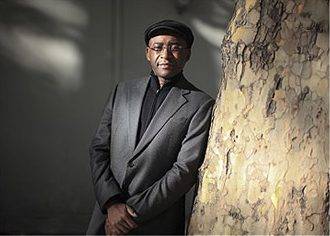
He seemed defeated. The government thought him vanquished. But Strive Masiyiwa had no business giving up on a just cause. So, he persevered and appealed. And in 1998, justice was served when the Constitutional Court of Zimbabwe ruled in his favour – awarding him the license to establish and operate a mobile telecom service in Zimbabwe.
The ruling, which triggered the removal of state monopoly in telecommunications, is regarded as one of the key milestones in unlocking the African telecommunications sector to private capital. Soon after, Strive Masiyiwa established Econet Wireless, Zimbabwe. The company’s first cellphone subscriber was connected to the new network in 1998.
Between then and now, Masiyiwa has proven PTC wrong time and again; Econet Wireless is and remains the leading mobile Telecoms Company in Zimbabwe. Econet currently boasts the lion’s share of users in Zimbabwe, while also having operations in up to 15 countries.
A few years ago, the company introduced the country to mobile banking and according to Masiyiwa, it took only 18 months before its networks began to handle some 20 percent of Zimbabwe’s GDP.
You’d be tempted to think it’s been generally rosy for him since that court ruling but the attacks didn’t stop after that. Masiyiwa had to flee Zimbabwe for South Africa in 2002, as direct and indirect attacks to his business and person only intensified after winning the licensing struggle.
In 2002, Masiyiwa made a play in an independent media outlet that was staring down the barrel of bankruptcy. The Daily News, as it was called, was the only independent newspaper in Zimbabwe at the time. His investment salvaged the company and made him one of the top shareholders.
But soon after he made his play, the newspaper was shut down by the government on the grounds of illegal operations. He had to sell his shares and move on as Daily News didn’t reopen until 2011.
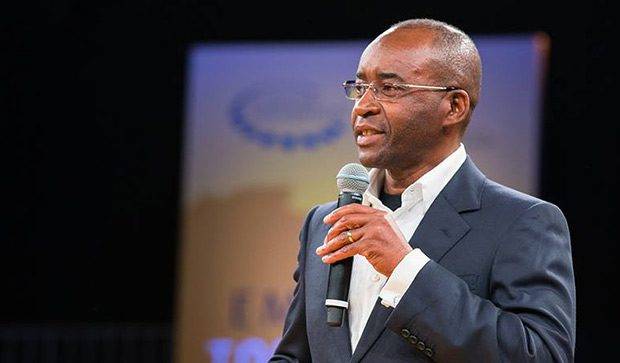
There was more persecution in 2014 when the Zimbabwean government put all of Econet Wireless’ executives and directors behind bars – this time, it was due to bogus claims of misconduct. Masiyiwa would’ve probably been locked up too had he not been away in Singapore.
While his people stayed locked up, the company went into free-fall as leadership was non-existent. Panic was rife and the government was on some kind of witchhunt. But Strive remained fearless in his quest for justice. After several unsuccessful hearings, a breakthrough finally came through and they all walked – resuming work almost immediately.
So far, strive has seen the company through – no pun intended. Masiyiwa has masterminded the creation of Econet Wireless Group – an organisation that has holdings and investments in the U.K, China, South America, UAE, Europe, and Africa. The Zimbabwean entrepreneur can also be linked to assets in the U.S and even far-away New Zealand.
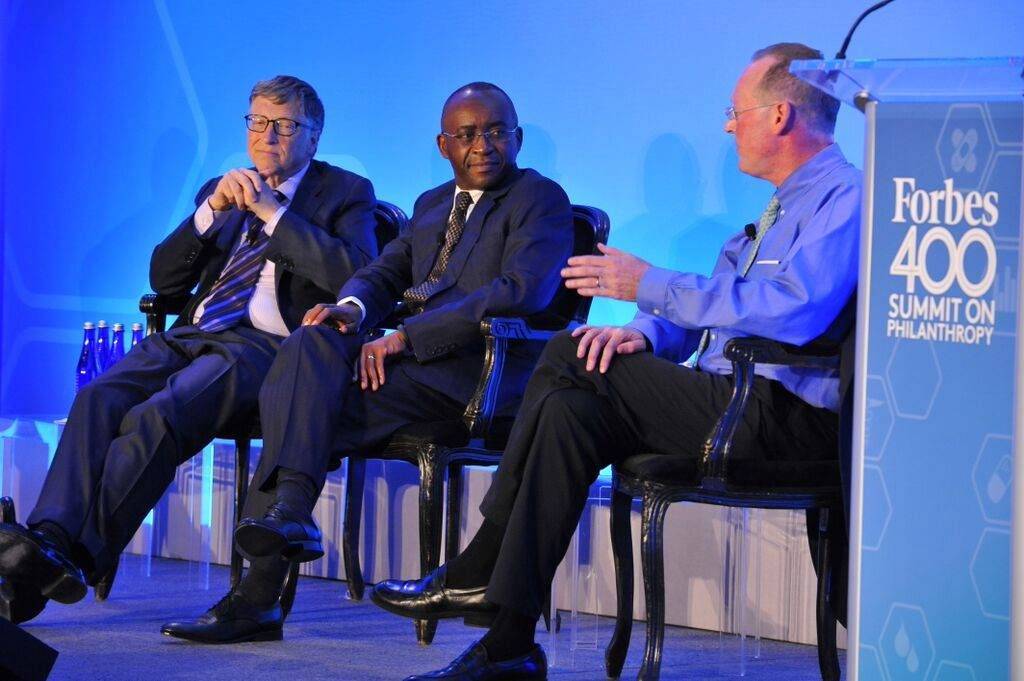
Masiyiwa has been instrumental to the establishment of a string of telecom companies in Burundi, Lesotho, Rwanda, Botswana, Nigeria, and South Africa. He is also the brain behind Liquid Telecom – a fibre-optic/satellite service company. The privately-held telecom company is currently one of Africa’s leading satellite and fibre-optic companies.
The awards have been seemingly unending, and so have the philanthropic gestures – he is known to fund numerous foundations for the less-privileged and also contribute to several charities.
Such is the legend of the man who tussled with the powers-that-be and came out tops. Strive Masiyiwa resisted the establishment and got away with it.
Featured Image Courtesy: Econet Wireless